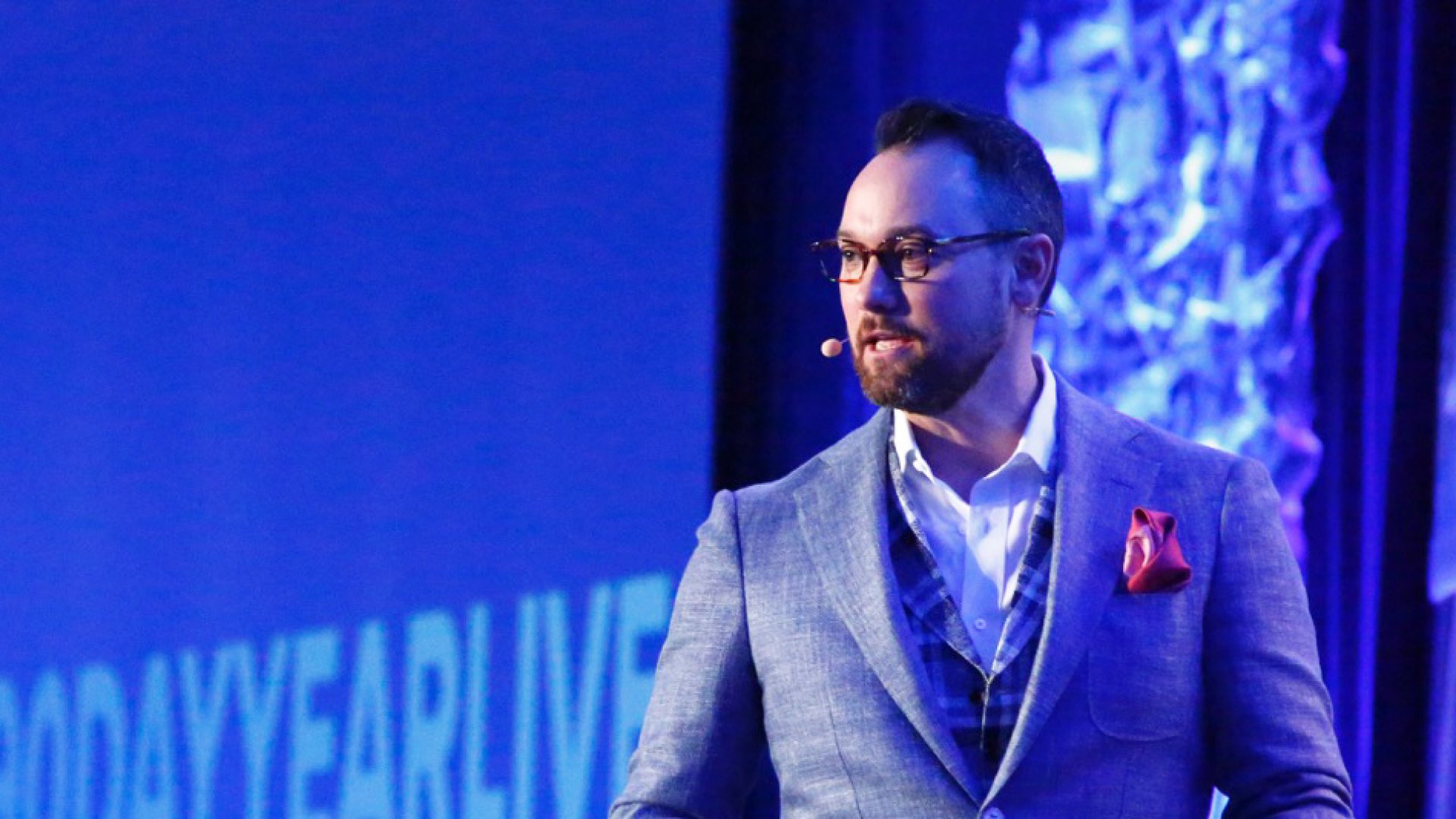
Articles
How To Succeed Using Your Alter Ego
October 6, 2020

Amid the lowest point in his career, Kobe Bryant rebranded himself “Black Mamba.” But for Bryant, this was more than just a nickname - it was an alter ego that helped him get back on top.
And while most of us think of alter egos as child’s play, the highest performing individuals - athletes, artists, and business people alike - use them as their competitive edge.
Todd Herman, best-selling author behind The Alter Ego Effect and Olympic-level performance coach, would watch the nicest people turn into monsters when they stepped in the ring. And when they stepped back out, it was like nothing happened.
Eventually, Todd started asking how they did it. And they’d say, “I’ve got this performance identity, I’ve got this person I step into, I’ve got this switch that I flick.” AKA I channel my alter ego.
What is an alter ego?
Your alter ego is the answer to: who or what needs to show up right now to make success inevitable? And depending on the situation, the answer changes.
That’s because alter egos are psychological tools built for specific contexts. And they’re not all-encompassing.
For example, think about when you go to the gym versus when you go into the office. Chances are good that you handle yourself differently, perform differently, and even dress differently. That’s because you have a different mindset or persona going into each of the situations.
According to Todd, we all have several versions of our authentic selves that we bring out at different times. Each of them highlights certain qualities, skills, and experiences that we possess.
These versions don’t compete with each other directly. Instead, they come through when you need them (like in specific contexts). And they help you overcome your insecurities, narratives, or expectations that otherwise hold you back.
But the key here is that alter egos stem from your authentic, or most real, self. They aren’t lying or “faking it until you make it,” or adopting a new personality. But a shift in how you see and therefore present yourself within a situation.
Building your persona
Chances are you already have an alter ego - even if you don't call it that.
For example, when I was in middle school, I wanted to be just like Zach Morris from Saved By the Bell. So I would imagine how he would walk through my school hallway. And that's what I would do.
Zach Morris was my alter ego.
Your alter ego might be a fictional character, someone you admire or even made up. But to use your persona to your advantage, you need to get hyper-specific.
Start by assigning a mission. Meaning, what does your alter ego need to accomplish?
This might be hitting a fitness goal, writing a novel, or bringing an idea to market. Plainly put, your persona doesn't have the same inhibitions as you. So assume they can do anything - even the thing you keep talking yourself out of.
When their mission is set, figure out who your character is. Specifically, what habits, skills, and beliefs do they have that will allow them to complete their mission.
Your alter ego needs to be fully-formed to actually take shape. So be sure to fill in as many details as possible, including the ones that seem unimportant. Such as what time they wake up, types of books they read, and what they wear.
The power of enclothed cognition
Enclothed cognition is a fancy way of saying what many of us already know: there's power in a uniform.
(Think Steve Jobs in his black turtleneck, and Clark Kent with his glasses.)
As humans, we attach meaning to the clothing that other people wear. And according to Todd, if we wear that thing, we actually unconsciously start to exhibit the associated traits.
For example, we tend to assume people are smarter when they wear glasses or have a bookcase in their office - even if they don't need glasses or haven't read the books.
That's why a lot of academics wear glasses and have a bookshelf behind them when they're interviewed. In a way, it helps them play into their part.
That's not to say that you need to go out and buy a pair of lenses. But if there's a totem that you equate with your alter ego, start putting it on when you step into the persona. This will make it feel real. And make it easier to channel your alter ego.
Introducing the alter ego effect
Subconsciously, we naturally play things safe. Meaning, we avoid situations where we might be judged, feel insecure, or fail. But all that really does is take us out of the game.
In a sense, we're trapped under our life experiences, outside opinions, and self-doubts. And this makes it impossible to take action.
The people who operate at an elite level latch onto their alter egos, so they break out from under this rubble. Because frankly, no one can be the best or most successful version of themselves trapped underneath is.
But your alter ego doesn't worry about if you're good enough or what other people are thinking. That's why you need it - and why the elites use it.
Your alter ego just worries about getting it done. And doing so allows you to show up how you need to, so you can finally reach the top.
Similar Blog Posts











